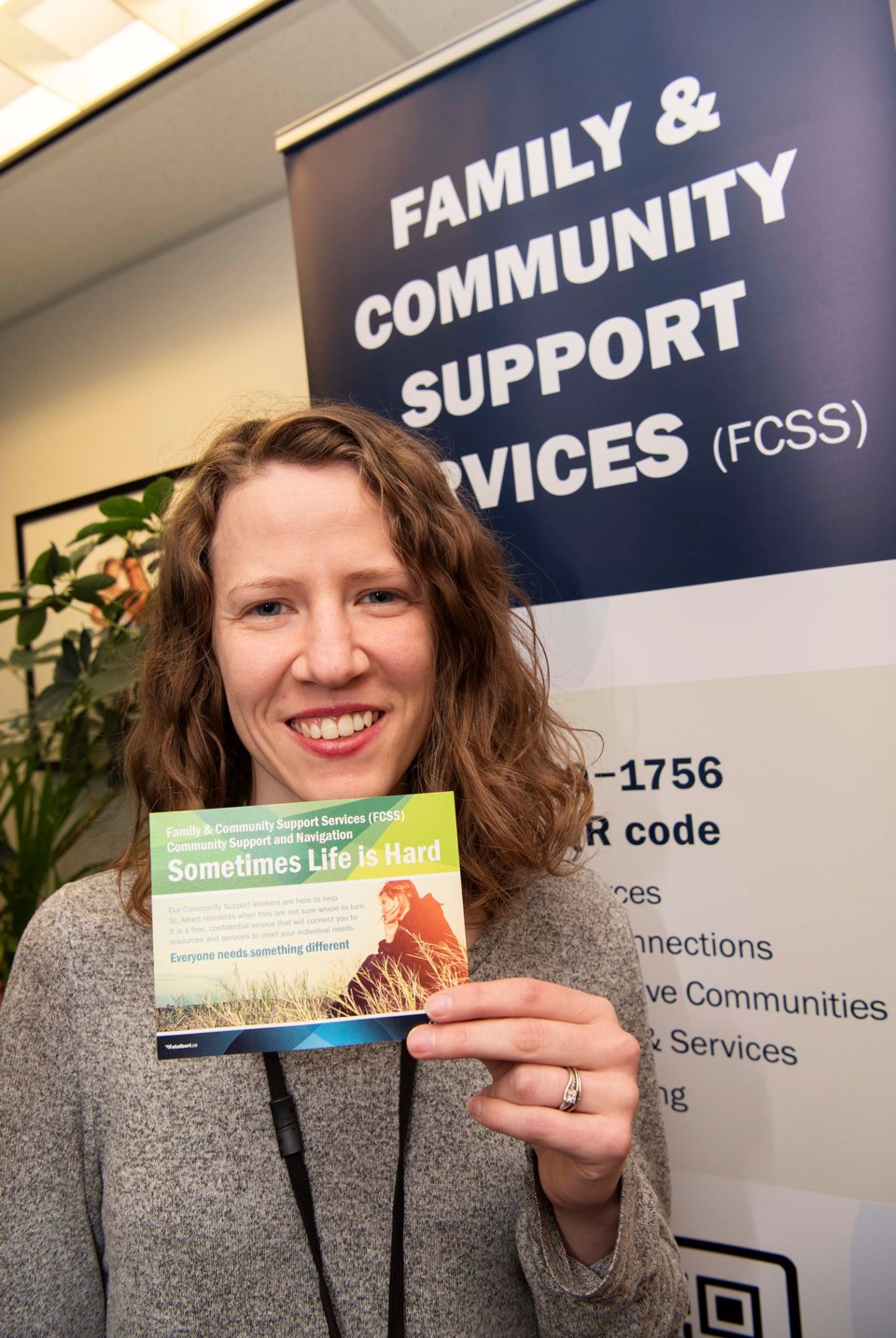The cost of living
The Gazette is looking at how residents are dealing with the rising costs of living in St. Albert. If you have a question on why life is so expensive, email [email protected] so it can be answered in a future column.
It has been a rough few years for a St. Albert man we’ll call John.
A single father, John (who asked to go by a pseudonym) used to make a decent living working the counter at a plumbing store. Three years ago, he had to go on Employment Insurance and then long-term disability for many months because of a surgery, just as inflation sent the price of everything sky-high. He’s back at work now, but is still playing catch-up on his bills, despite help from the province and the local food bank.
“I eat once a day,” he said, and the only light he has in his house is his television.
“I got notice from my creditor Monday that they’re going to take my car.”
John said the financial stress and his ongoing health issues have taken a toll on his mental health, resulting in anxiety, panic attacks, sleep disorders, and depression.
“My drinking is more than tenfold what it used to be,” he said — he uses it to address his sleeping problems — and he feels “totally drained” all the time.
John said there is no way he can afford to see a psychologist to address these issues.
“I’ve gotten to the point where, you know what, I just don’t want to wake up.”
Affordable help
Jasmyn Middleton, a community support worker with St. Albert’s Family and Community Support Services, said she has seen a rise in the number of people coming to her in recent years with stress and anxiety issues related to the rising cost of living. (Her office got about 154 calls for mental health support in 2023.) Financial stress can cause and worsen mental health issues and cause relationship struggles among families.
“It can be pretty overwhelming for people to know how to navigate and where to go,” Middleton said.
Middleton said anyone seeking mental health support when money is tight should call FCSS so an advisor can direct them to help. This may mean the Access 24-7 helpline, which can connect you with a team of therapists, nurses, addictions counsellors, and other specialists and supports. It may also mean the St. Albert Family Resource Centre, which offers one-time drop-in counselling with a psychologist on Fridays through the Rapid Access Counselling program. The city also plans to launch a free men’s mental health support group later this year to supplement its Menship peer support group.
River’s Edge Counselling in St. Albert offers 2,000 hours a year of pay-what-you-can counselling with student counsellors through its practicum training program, said owner Nicole Imgrund. Much of this support goes unused because people aren’t aware of the program. When Imgrund posted a reminder about the program online last November, she got about 80 people asking about it in just 24 hours.
“The response was overwhelming,” she said, adding there is still space available in the program.
Imgrund said River’s Edge also expanded its subsidized group therapy sessions last fall to bring support to more residents in need.
John said he has called Alberta Health Services’ Mental Health Help Line, where advisors suggested he check with his family doctor and workplace insurance for support. He has also heard of many others who were in worse situations than his.
His advice to them was simple: don’t give up.
“It’s hard, but one day there might be a light at the end of the tunnel.”
Mental health lines
Call these numbers if you need free or low-cost mental health support:St. Albert FCSS: 780-459-1756
Access 24-7: 780-424-2424
AHS Mental Health Help Line: 1-877-303-2642
River’s Edge Counselling Centre: 780-460-0022
St. Albert Family Resource Centre: 780-459-7377


